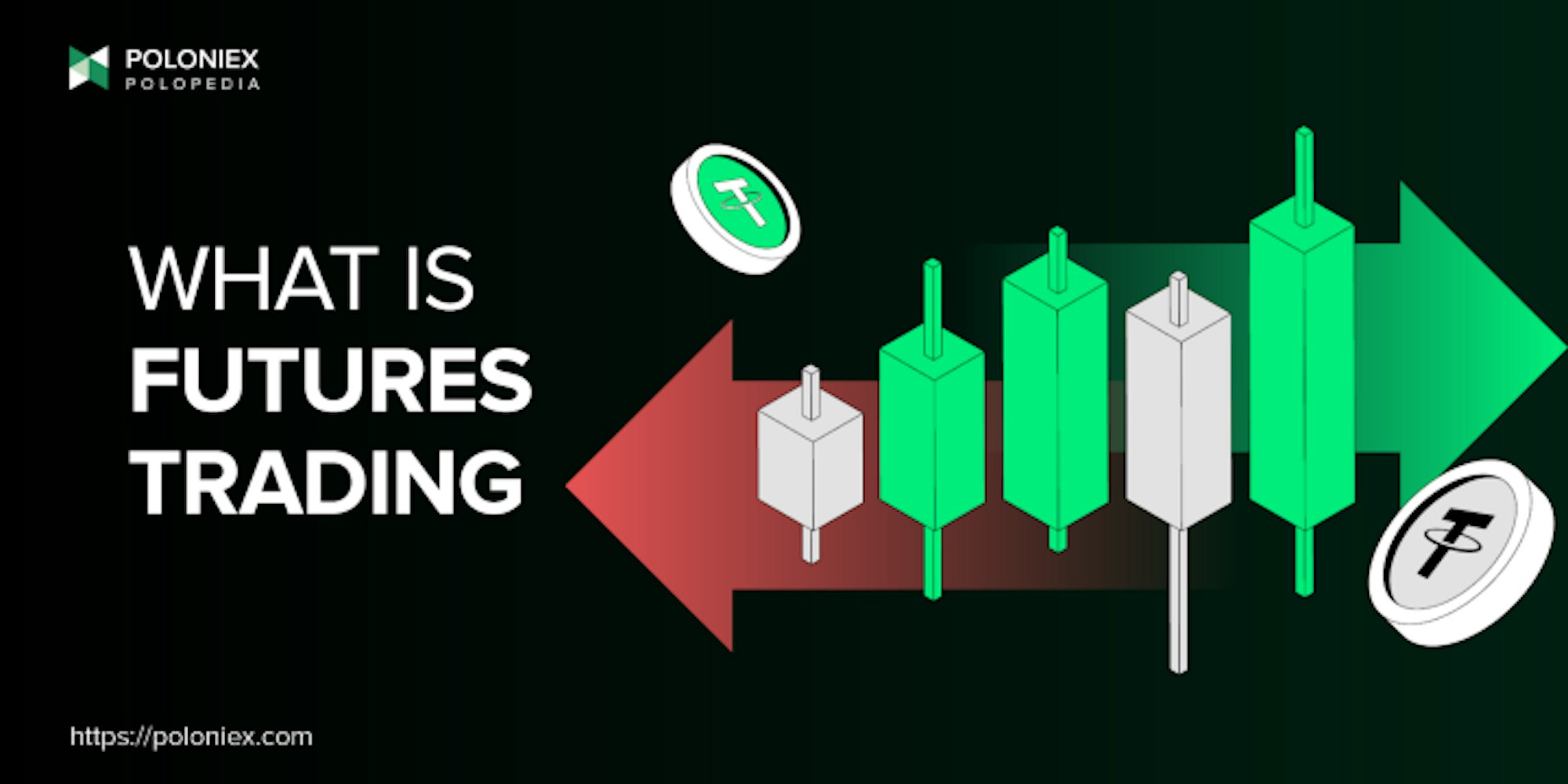Timing Your Entries in Canada’s Futures Market
 If you are interested in investing and trading in the Canadian financial markets, then it is essential that you understand the basics of Canada Futures Trading. This type of trading requires an understanding of the Canadian market and its dynamics, as well as an understanding of how futures contracts work. This article will provide an overview of the basics of Canada Futures Trading and explain why it is important for investors to be aware of this type of trading.
If you are interested in investing and trading in the Canadian financial markets, then it is essential that you understand the basics of Canada Futures Trading. This type of trading requires an understanding of the Canadian market and its dynamics, as well as an understanding of how futures contracts work. This article will provide an overview of the basics of Canada Futures Trading and explain why it is important for investors to be aware of this type of trading.
What is a Future?
A future is a legally binding agreement between two parties which states that one party agrees to buy or sell a particular commodity, currency or security at a predetermined price at some point in the future. The underlying asset can be anything from stocks and commodities to currencies and other financial instruments. When one party agrees to buy or sell something on behalf of another party, this is known as being ‘long’ or ‘short’ on the asset.
Trading in Canada’s futures markets is done through regulated exchanges such as the Montreal Exchange. All trades have to be made through these exchanges and must follow the rules that govern their operation. A trader will need to open an account with one of these exchanges before they can start buying and selling futures contracts. Once an account has been opened, buyers and sellers can enter into a contract specifying the product they wish to purchase or sell and the price they are willing to pay or receive. When trading is complete, both parties will receive their respective profits or losses depending on whether their predictions were correct or not.
How Does Futures Trading Work?
Canada futures trading works by allowing buyers and sellers to enter into agreements which specify when they will buy or sell a particular asset at a certain price. When these contracts expire, they are usually settled in cash rather than in physical delivery of the underlying asset. The price at which each contract expires is determined by factors such as supply and demand, economic conditions and market sentiment. In addition, traders must also consider factors such as liquidity, margin requirements and fees when deciding whether or not to enter into a trade.
Advantages & Disadvantages of Canada Futures Trading
There are both advantages and disadvantages associated with futures trading in Canada. One advantage is that it allows traders to hedge their risk against adverse market movements without having to tie up large amounts of capital for extended periods of time. Additionally, traders can take advantage of leverage by using margin accounts which allow them to open positions with less money than would be required if they were buying outright securities. On the downside, however, there are significant risks associated with futures trading due to its speculative nature and potential for rapid losses if positions move against traders’ expectations.
Canada Futures Trading provides investors with an opportunity to take advantage of price movements on securities without having to purchase them outright, but it also carries significant risks due to its highly speculative nature. It is therefore important for investors who wish to engage in this type of trading activity to understand how it works before embarking on any trades themselves so that they can make informed decisions about their investments.


